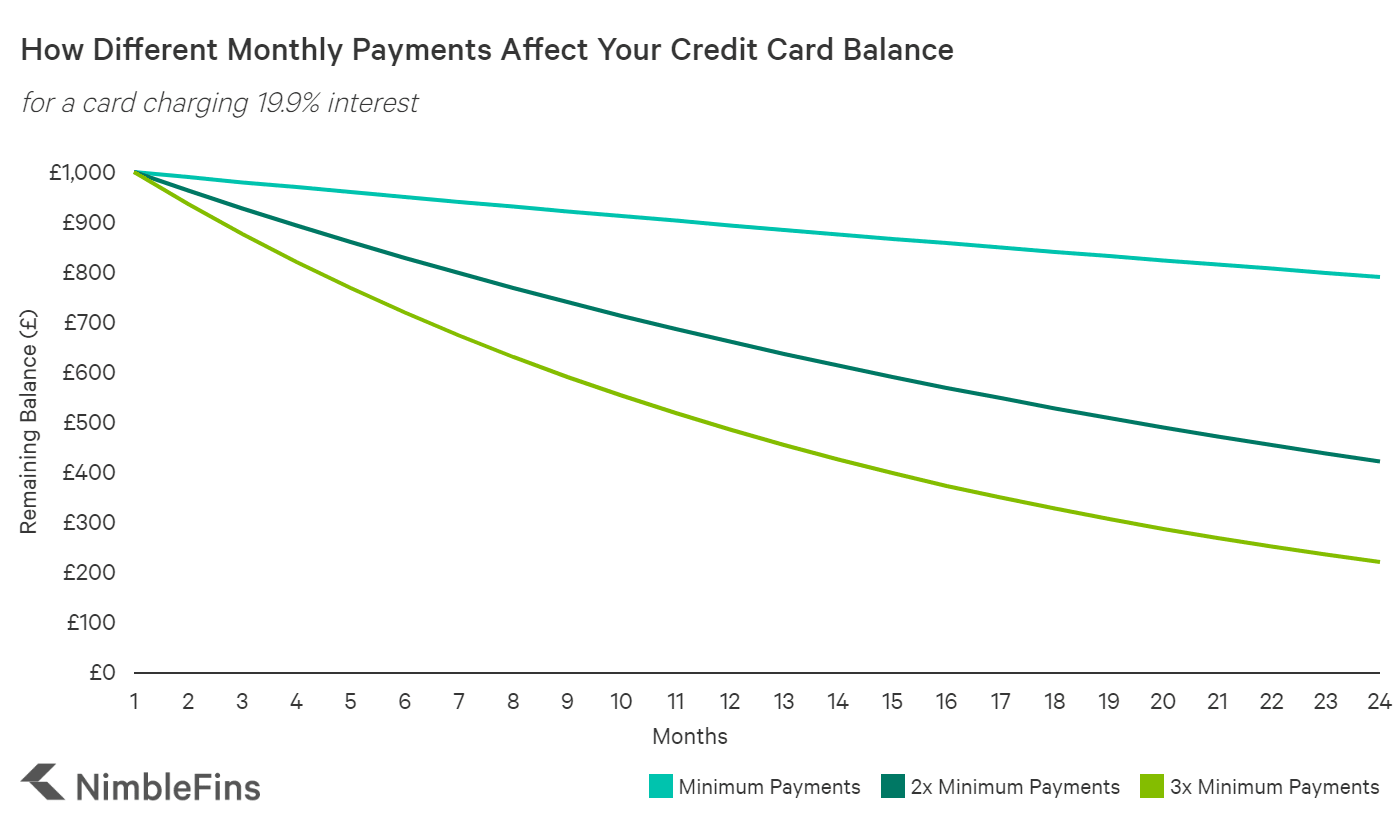Using your credit card to pay for your summer holiday abroad? 4 things you should know
Using credit cards to pay for holiday expenses is inevitable, from hotels to flights to meals. Follow our tips to use a credit card to your advantage and avoid paying fees and interest charges that will just make your holiday more expensive than it needs to be.
1. Always Pay (at least) the Minimum Amount Due On Time
Credit card charges for a holiday can be significant, with big-ticket items like flights and credit cards costing hundreds if not thousands of pounds. No matter how much you've charged to your card, however, it's critical to pay your minimum amount due (or more) on time. Banks charge high interest and fees on late payments, which can add up to a significant financial cost over time.
In addition to paying on time, pay the entire balance each month to avoid interest charges. Those paying less than the full balance will incur interest charges on unpaid balances. Paying only the minimum amount due can result in you paying down the balances for years. For example, the graph below shows how "slowly" balances go down over 24 months depending on how much you pay each month.

2. Leave Room on Your Credit Limit
Just like leaving room in your suitcase to accommodate unexpected purchases on your trip, have room on your credit cards before you go away. Going abroad with a credit card near its limit doesn't leave room for surprise events—whether it's to pay for a fun activity (why not try scuba diving?) or to address a holiday mishap (lost luggage may be covered by travel insurance, but you won't be reimbursed right away so you'll need to pay for replacement clothes, toiletries and makeup yourself).
Even exceeding the credit limit even a little will cost you. Most credit cards charge around £12 for exceeding the credit limit (although they may waive this if you call and ask them to... if you have a good payment record). But perhaps even more importantly, exceeding the credit limit will leave a mark on your credit score which can have long-term implications on your ability to get credit in the future.
3. Check if Your Card Charges Fees When You Spend Abroad
While a handful of credit cards don't FX charge fees, most credit cards charge a 2.95% non-sterling transaction fee on each transaction. If you have more than one credit card in your wallet, check these fees to find out which one is cheapest to use to pay for meals, activities and other purchases when you're abroad.
4. Don't Get Cash using Credit Cards (unless you have a special travel card)
In most cases, using your credit card to get cash from an ATM when you're abroad is expensive. You may be charged a non-sterling transaction fee (around 2.5%) and a cash transaction fee (typically 3% with a minimum charge of £3 for each withdrawal),plus interest is usually charged IMMEDIATELY for cash withdrawals—at a higher interest rate than you pay for purchases. Some travel credit cards can be useful for withdrawing cash abroad, so long as you can pay back the withdrawal quickly.
For example, the Halifax credit card doesn't charge fees for withdrawing cash from an ATM (although beware that ATMs sometimes still charge you to use them), but as the card starts accruing interest charges immediately you'll want to go online and pay back the withdrawal ASAP.
